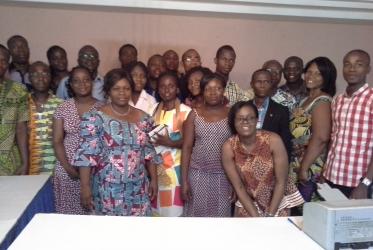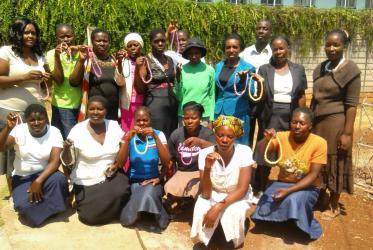Displaying 321 - 340 of 407
Faith at AIDS 2016: WCC preparing for faith in action
10 March 2016
Tveit on the “Ten Commandments” of food
26 January 2016
New video presents Ecumenical Advocacy Alliance’s call to action
13 January 2016
Consultation considers right to food in context of climate change
15 December 2015
Action Alert: AIDS 2016 - Applications open for interfaith chaplains
11 December 2015
Sorry child, but I’m HIV-positive
10 December 2015
Person with disability shares reflection on AIDS conference
10 December 2015
Placing family in the HIV response vanguard
10 December 2015
COP21: how climate change affects access to our daily bread
09 December 2015
Patent agreement welcomed as step to improve HIV treatment
30 November 2015
Overcoming discrimination to address HIV in Zimbabwe
11 November 2015
Training empowers women affected by HIV and AIDS in Zimbabwe
10 November 2015
Church activists address HIV and AIDS in Kenya
26 October 2015
No place for hunger in a world of abundance
02 October 2015











